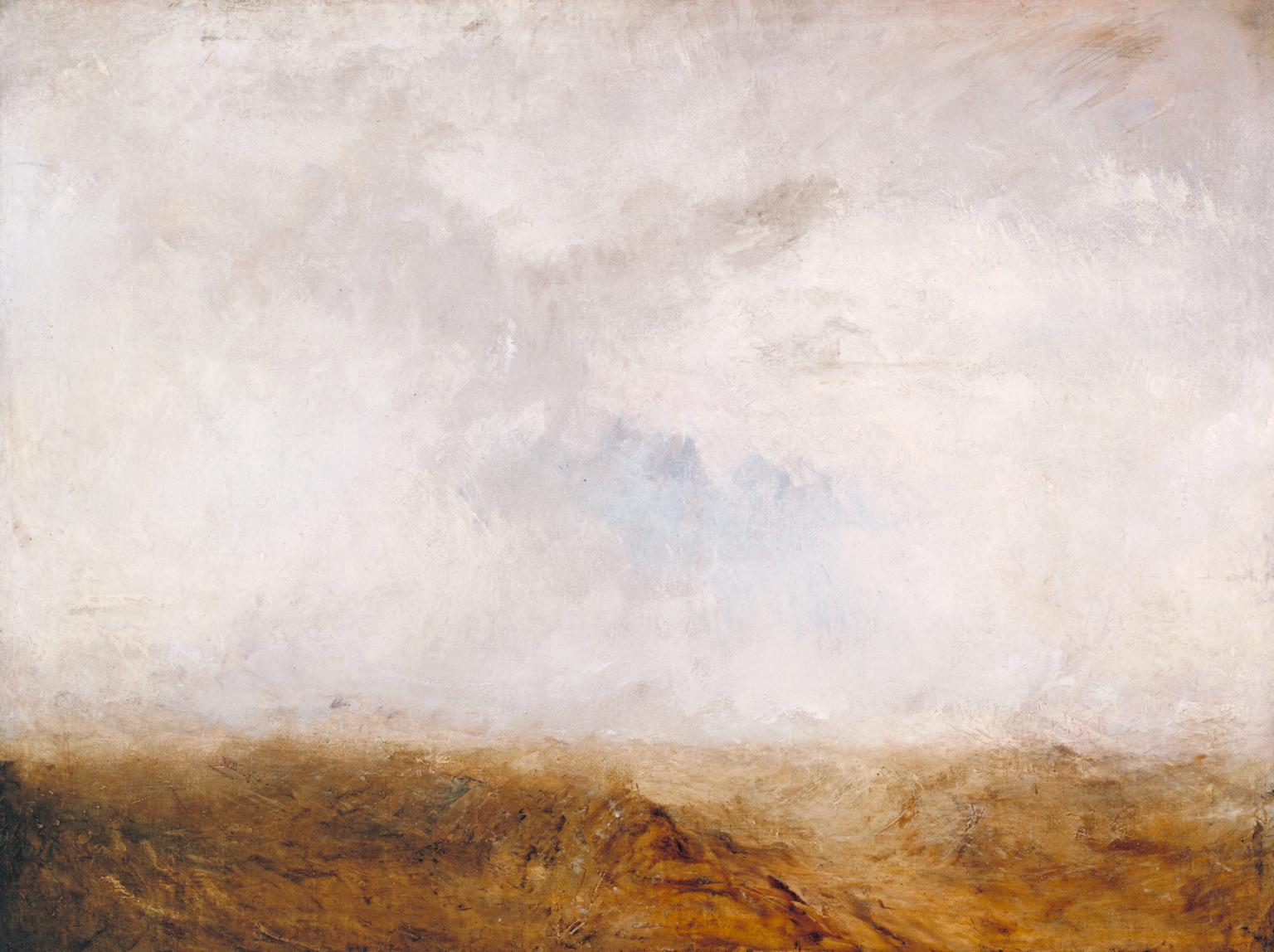The title of this article is derived from the Brazilian song “Inútil Paisagem” (Useless landscape), composed by Antonio Carlos Jobim, with lyrics by Aloysio de Oliviera, pointing to Édouard Glissant’s theory of the landscape of Martinique, from which he derives his theory of literature. My title inverts the song’s melancholia about loss to reflect the affirmative attitude of Glissant’s theory.
John 1:1.
Édouard Glissant, Caribbean Discourse: Selected Essays (University of Virginia Press, 1992), 167.
Glissant, Caribbean Discourse, 11; Glissant, Poetics of Relation (University of Michigan Press, 1997), 33.
Genesis 1:1.
Glissant, Caribbean Discourse, 167.
Glissant, Caribbean Discourse, 160.
Glissant, Caribbean Discourse, 59. C. L. R. James: “Suicide was a common habit, and such was their disregard for life that they often killed themselves, not for personal reasons, but in order to spite their owner. Life was hard and death, they believed, meant not only release but a return to Africa.” James, The Black Jacobins: Toussaint L’Ouverture and the San Domingo Revolution (Vintage, 1989), 15–16.
“Land was not just a factor of production. It remained a link with the ancestors. For instance, the umbilical cord of a newborn child is buried in ancestral land—that way the Igbo can make the connection between the living and the land and between the land and the ancestors.” Chima J. Korieh, “The Igbo Diaspora in the Atlantic World: African Origins and New World Formations,” in Igbo in the Atlantic World: African Origins and Diasporic Destinations, ed. Raphael C. Njoku and Toyin Falola (Indiana University Press, 2016), 180.
Igbo in the Atlantic World, 161, 116, 142.
Kwame Gyekye, “African Philosophy,” in Cambridge Dictionary of Philosophy, ed. Robert Audi (Cambridge University Press, 1999).
Glissant, Caribbean Discourse, 165.
Glissant, Caribbean Discourse, 169.
Glissant, Poetics of Relation, 28.
Souleymane Bachir Diagne, African Art as Philosophy: Senghor, Bergson and the Idea of Negritude (Seagull Books, 2007), 26–27.
Dawn Fulton, Signs of Dissent: Maryse Condé and Postcolonial Criticism (University of Virginia Press, 2008), 20–21.
Maryse Condé, “On the Apparent Carnivalization of Literature from the French Caribbean,” in Representations of Blackness and the Performance of Identities, ed. Jean Muteba Rahier (Bergin & Garvey, 1999), 91–97.
Maryse Condé, “Order, Disorder, Freedom, and the West Indian Writer,” Yale French Studies, no. 83 (1993): 121–35.
Fulton, Signs of Dissent, 21.
For Glissant’s thoughts on “transparency” and “opacity,” see the chapter “Transparency and Opacity” in Poetics of Relation, 111–20.
Glissant, Poetics of Relation, 49.
Glissant, Poetics of Relation, 49.
Gayatri Chakravorty Spivak, “Planetary,” in Dictionary of Untranslatables: A Philosophical Lexicon, ed. Barbara Cassin et al. (Princeton University Press, 2014).
Glissant, Poetics of Relation, 143.
Gayatri Chakravorty Spivak, ”The Rami of Simur,” in Europe and its Others, Vol 1: Proceedings of the Essex Conference on the Sociology of Literature (University of Essex, 1985).
Condé, “Order, Disorder, Freedom.”
Glissant, Poetics of Relation, 21.
Glissant, Poetics of Relation, 16.
Condé, “Order, Disorder, Freedom.”
D. A. Masolo. African Philosophy in Search of Identity (Indiana University Press, 1994), 10.
Wole Soyinka said during a 1964 conference in Berlin: “A tiger does not proclaim his tigritude, he pounces. In other words, a tiger does not stand in a forest and say, ‘I am a tiger.’ When you pass where the tiger has walked before, you see the skeleton of the duiker, you know that some tigritude has emanated there.” Quoted in Jan Heinz Jahn, Neo-African Literature (Grove Press, 1969), 265–66.
Diagne, African Art as Philosophy, 26–27.
Matthew 22:34–40.
Glissant, Poetics of Relation, 28.
Glissant, Poetics of Relation, 28.
Édouard Glissant: One World in Relation, directed by Manthia Diawara (Third World Newsreel, 2010).
Glissant, Poetics of Relation, 5.
Glissant, Caribbean Discourse, 167.
Glissant, Poetics of Relation, 5.
Glissant, Poetics of Relation, 74.
Glissant, Poetics of Relation, 6.
Glissant, Caribbean Discourse, 159–71.
Homer, Odyssey, trans. G. H. Palmer (Houghton Mifflin, 1891), 173.
Emmanuel Levinas, “There Is: Existence without Existents,” in The Levinas Reader, ed. Sean Hand (Blackwell, 1989), 32.
Glissant. Poetics of Relation, 92.
Glissant, Poetics of Relation, 92.
Jacques Derrida, “Cogito and the History of Madness,” in Writing and Difference (Routledge, 1978), 69.
Jacques Lacan. “The Subversion of the Subject and the Dialectic of Desire in the Freudian Unconscious,” Hegel and Contemporary Continental Philosophy 19, no. 6 (1960): 205–35.
Glissant, Poetics of Relation, 147.
Exodus 5:1–23.
Hortense J. Spillers, “Moving on Down the Line: Variations on the African-American Sermon,” in Black, White, and in Color: Essays on American Literature and Culture (University of Chicago Press, 2003), 254.
Spillers, “Moving on Down the Line,” 254.
Delivered on April 3, 1968 in Memphis, Tennessee. Available online →.
